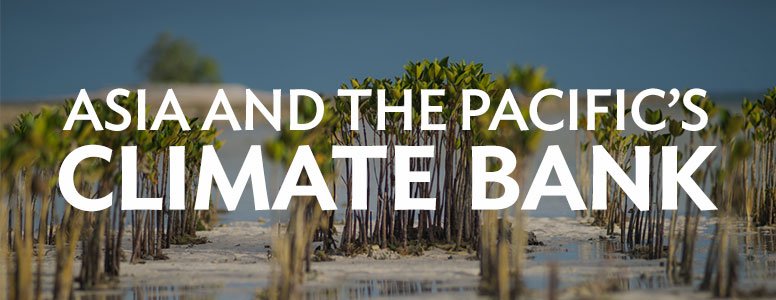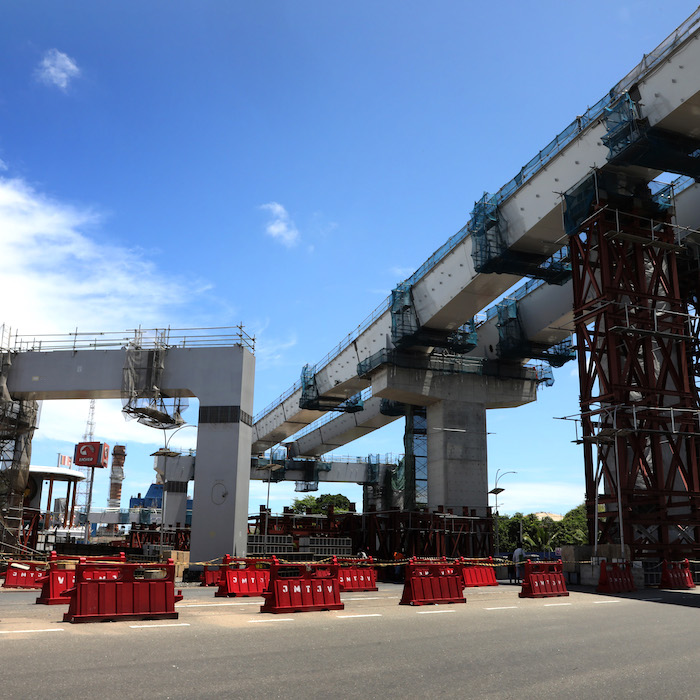ADB's Office of Public-Private Partnership (OPPP) provides end to end public–private partnership (PPP) advisory services to narrow Asia’s infrastructure gap. ADB recognises that public–private partnerships (PPPs) can play an important role in addressing the huge infrastructure investment shortfall in Asia and the Pacific.
This is in line with ADB’s new strategy 2030 where ADB is expanding its vision to achieve a prosperous, inclusive, resilient, and sustainable Asia and the Pacific, while sustaining its efforts to eradicate extreme poverty.
With the new strategy we plan on increasing the emphasis on human development and social inclusion, generating quality jobs, improving education and training, accelerating progress in gender equality, tackling climate change, promoting rural development and food security and more.
To support PPPs in the region, OPPP provides transaction advisory services over the entire range of activities associated with the development and structuring and placing of PPP projects in the market. The provision of transaction advisory services is a unique service offering of OPPP and its team of experienced transaction advisors. The team helps harness the private sector's efficiency at managing infrastructure projects and delivering infrastructure services.








